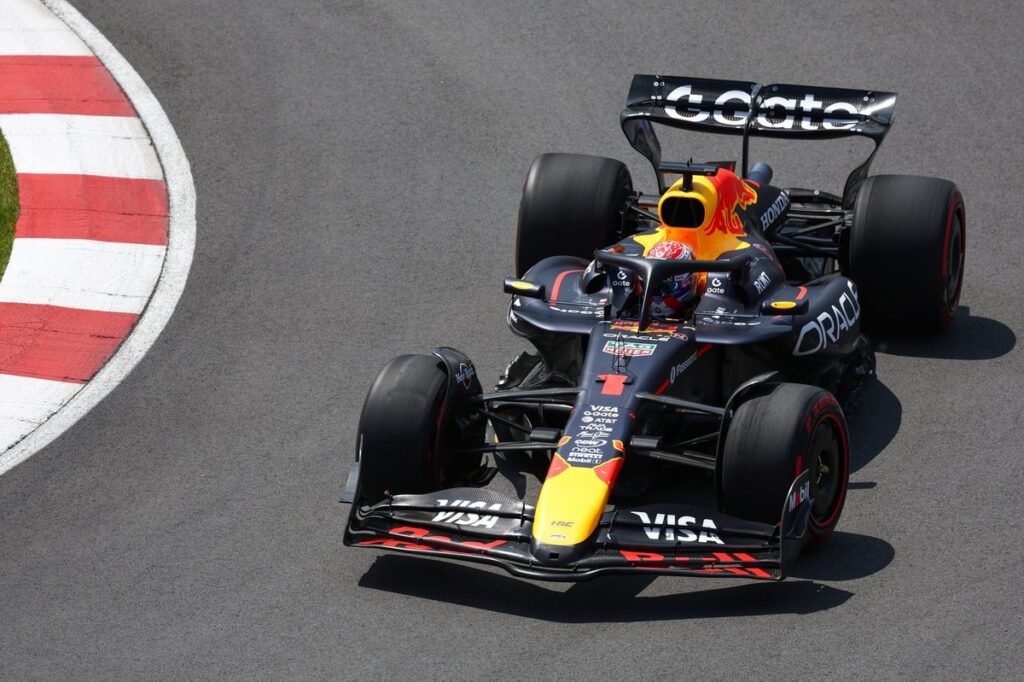Canadian Grand Prix: Red Bull Protest Denied, Drama Unfolds Post-Race
The closing laps of the Canadian Grand Prix saw intense competition and post-race controversy, culminating in a protest by Red Bull Racing against Mercedes driver George Russell. Following a race marked by tight battles among the top five and an incident between McLaren teammates Lando Norris and Oscar Piastri, Red Bull’s claims captured media attention.
Red Bull’s Unique Objections
Team Principal Christian Horner articulated Red Bull’s two main allegations against Russell: erratic driving during the safety car phase and excessive braking that purportedly violated the distance regulations behind the safety car. According to Horner, Russell’s sudden braking was designed to create an advantage and potentially provoke a penalty against rival Max Verstappen. “It’s inevitable that there was going to be some potential gamesmanship,” he noted, signaling prior concerns raised during the driver’s briefing.
Red Bull provided telemetry data to the stewards, highlighting Russell’s actions and asserting he was checking his mirrors intentionally to disadvantage Verstappen.
Mercedes’ Counterarguments
In response, Mercedes representatives, including driver Russell, defended the team’s actions. Russell clarified that periodic braking is standard practice during safety car periods to maintain tire temperature, asserting that he simply miscalculated his distance from the safety car, which required him to brake harder.
Mercedes also submitted their telemetry data, confirming that Verstappen had braked similarly to Russell, undermining Red Bull’s claims.
FIA’s Ruling
After deliberations, the FIA’s verdict favored Mercedes, rejecting all of Red Bull’s claims. FIA spokesman Tim Malyon stated that periodic braking during a safety car phase is commonplace. The stewards emphasized that Russell’s actions did not constitute erratic driving nor unsportsmanlike conduct.
Norris and Piastri Collision
In another matter, Lando Norris faced scrutiny after colliding with teammate Oscar Piastri. The stewards found Norris at fault, issuing a five-second time penalty. However, this penalty did not translate into a grid drop for the upcoming Austrian Grand Prix, as Norris’s incident had no significant repercussions on race outcomes.
Conclusion
The fallout from the Canadian Grand Prix highlights the ongoing competitive tensions within the F1 landscape, as teams navigate rules and rivalries both on and off the track. George Russell maintains his victory while Red Bull’s protest, seen as a strategic move, ultimately bore no fruit.


